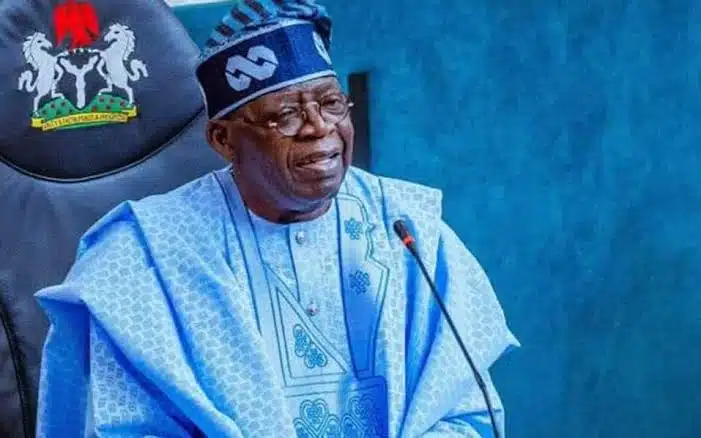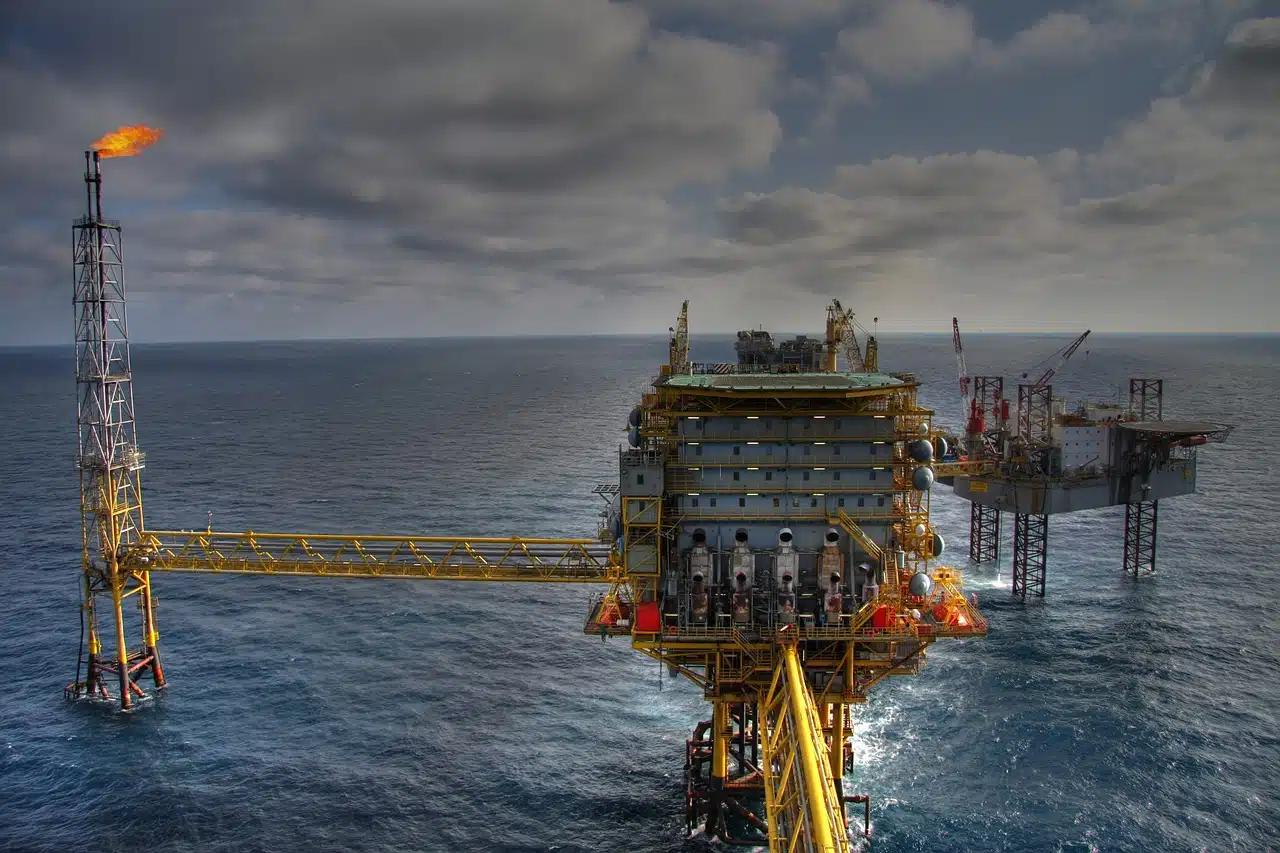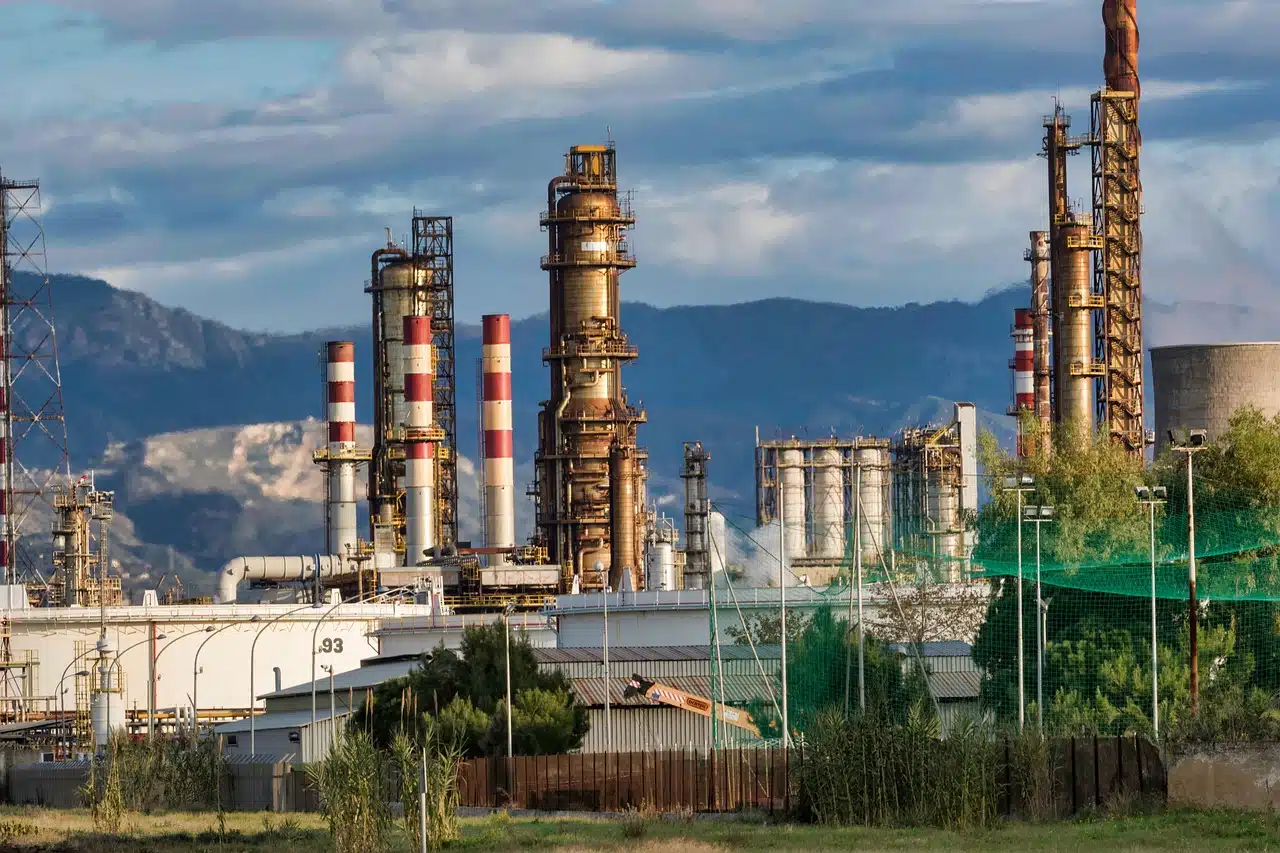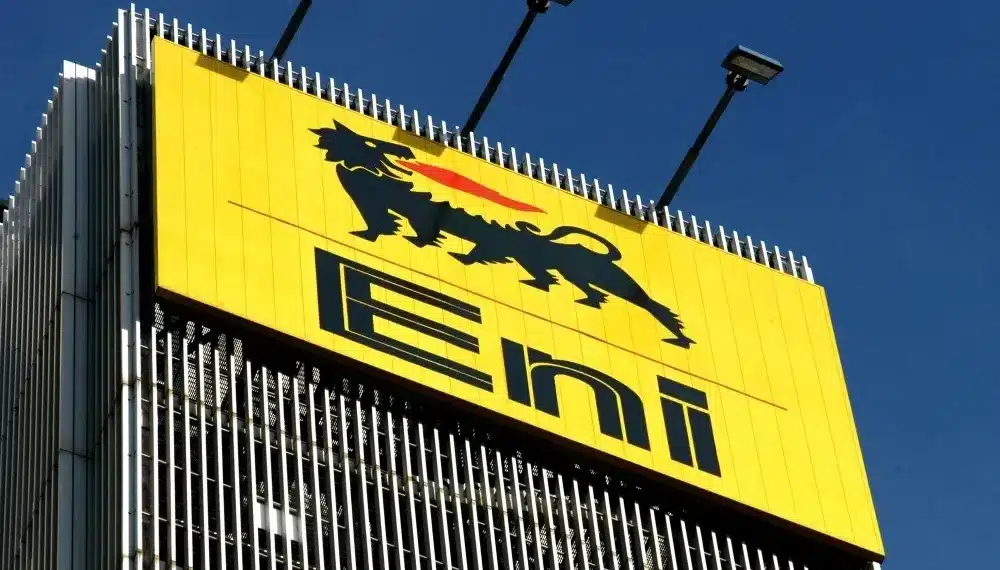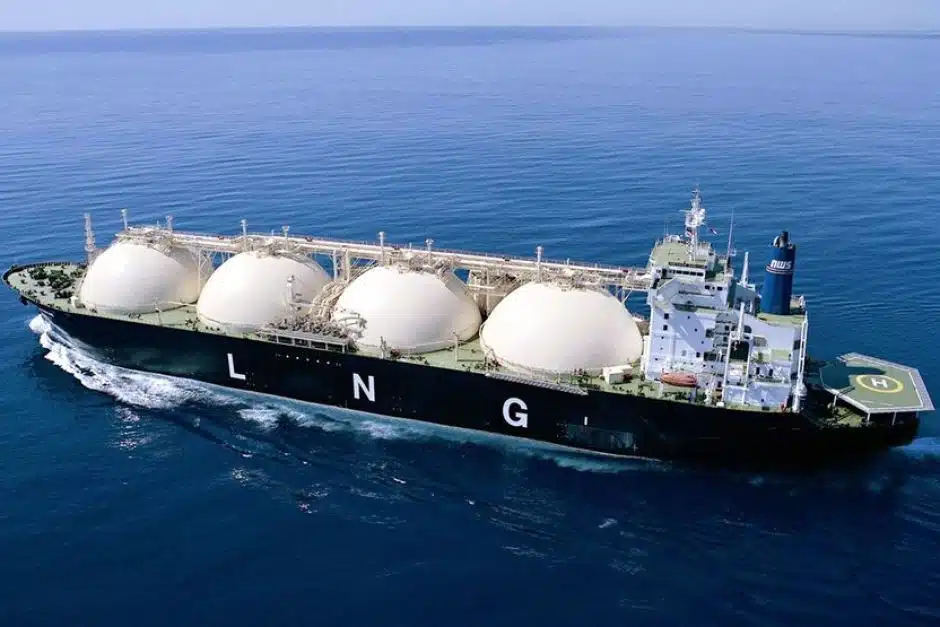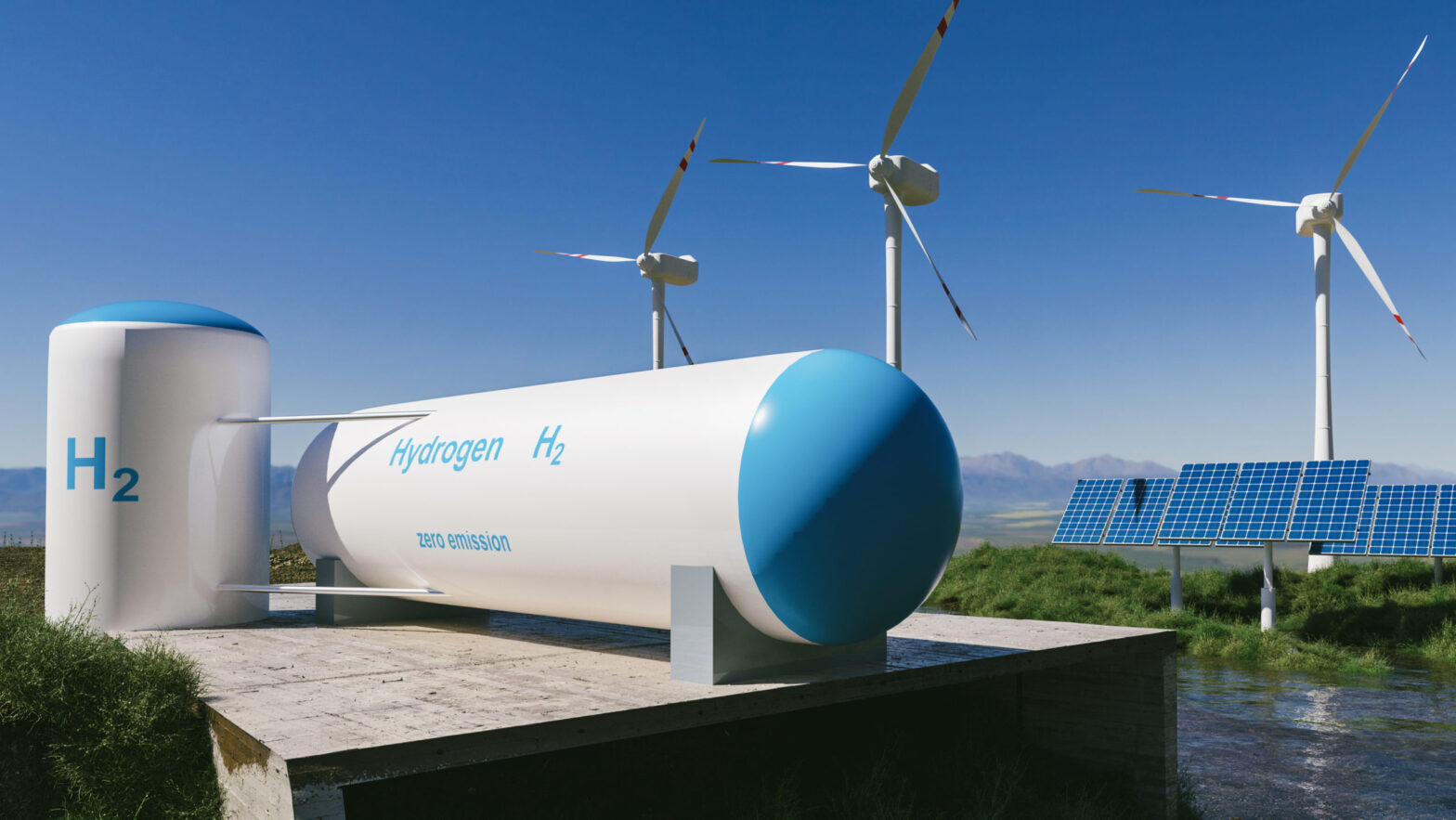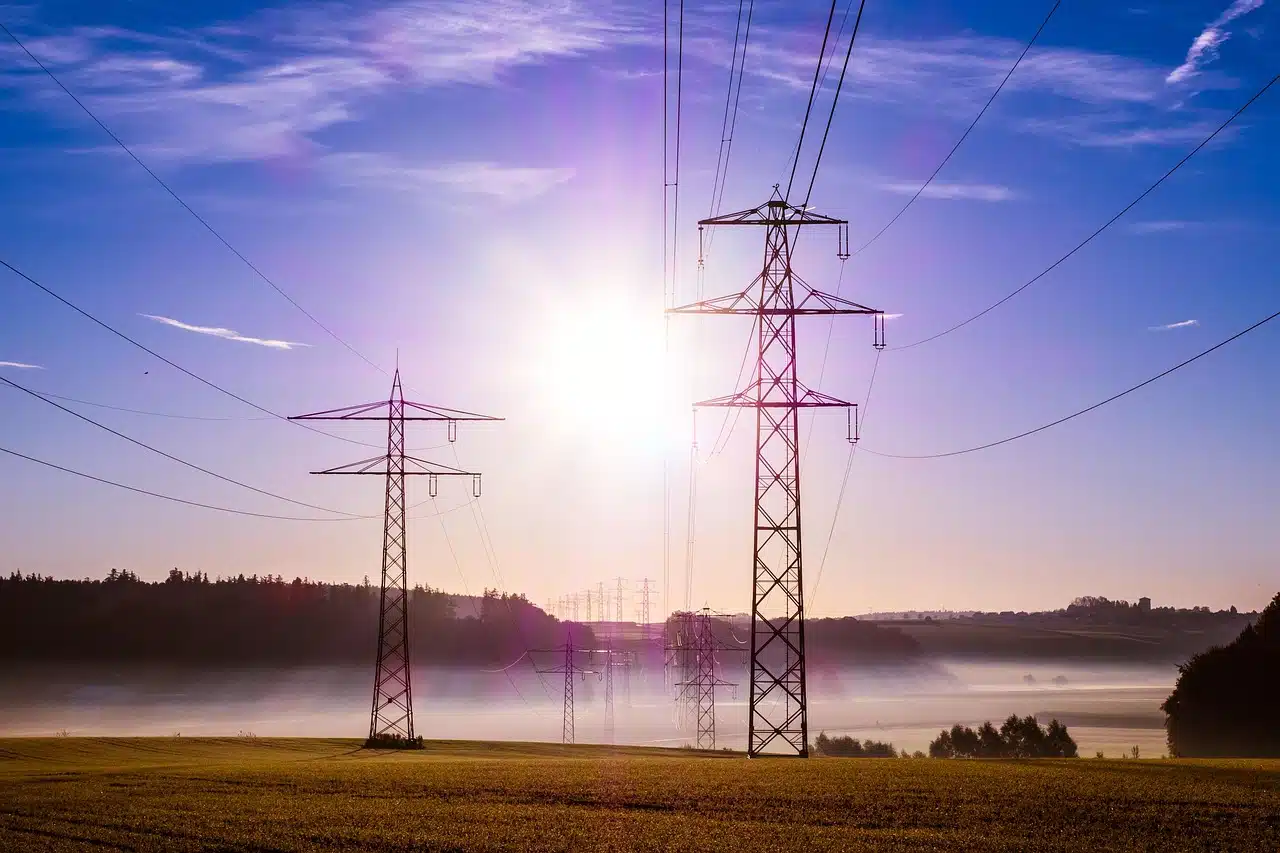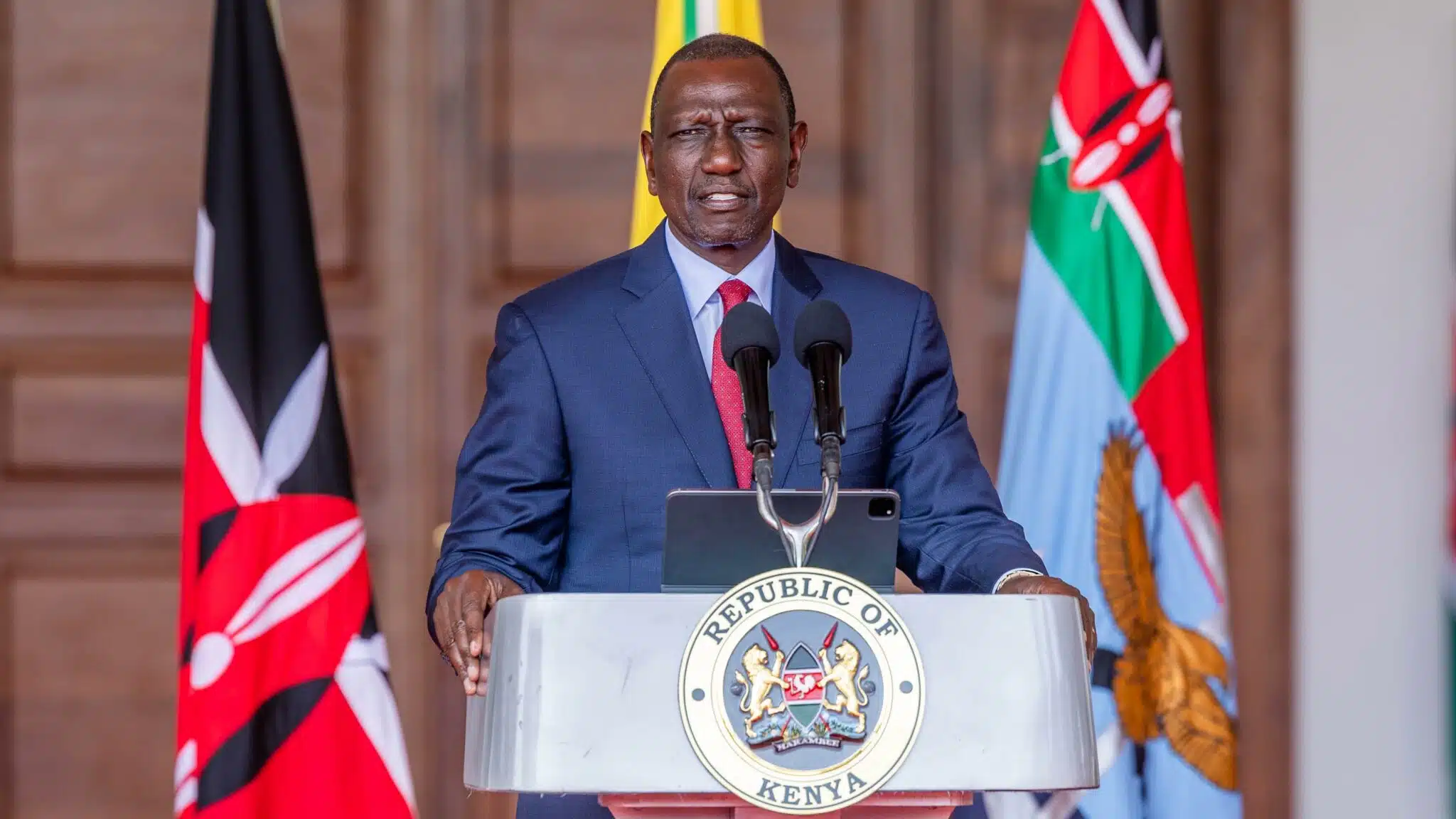The Nigerian government has earmarked N2.16 billion for fuel and lubricant costs for the State House headquarters in 2025.
This is detailed in the 2025 Appropriation Bill, published on the Budget Office’s website and obtained by Energy in Africa.
The bill encompasses both recurrent and capital expenditures, with a total budget of N47 trillion.
Under the State House headquarters’ expenditure, over N2 billion is allocated for fueling vehicles used by the president and presidential aides, as well as for cooking gas and other fuel needs.
Additionally, N1.98 billion is set aside specifically for plant and generator fuel costs, the largest allocation within this category.
The total budget for the State House headquarters—located in Aso Rock, Abuja—is N47.1 billion. The document further reveals that the president’s total operations will cost N8.7 billion, while the vice president’s will cost N2.9 billion.
Other utility costs for the State House
The State House’s utility expenses include N311 million for electricity charges to be paid to electricity distribution companies. Telephone charges are pegged at N3.7 million, while internet access will cost N22.5 million. Water rates and sewerage charges are allocated N15.9 million and N12 million, respectively.
The president is also expected to spend N255.7 million on vehicle purchases. Other expenses include N6.1 billion for international travel and N873 million for local travel.
Electricity debt payment of the State House
In February 2024, President Bola Tinubu directed the immediate settlement of the State House’s outstanding electricity debt owed to the Abuja Electricity Distribution Company (AEDC).
Initially reported as N900 million, the debt was later confirmed by the State House to be N342 million. After negotiations, the AEDC accepted this figure, and the presidency, facilitated by Chief of Staff Femi Gbajabiamila, cleared the debt.
Over the years, unpaid debts to electricity distribution companies (DisCos) have hampered the power sector, reducing liquidity and limiting performance.
However, the Tinubu administration has made progress, including paying $12 million in energy costs owed to gas companies. This has improved performance within the power sector’s value chain.

